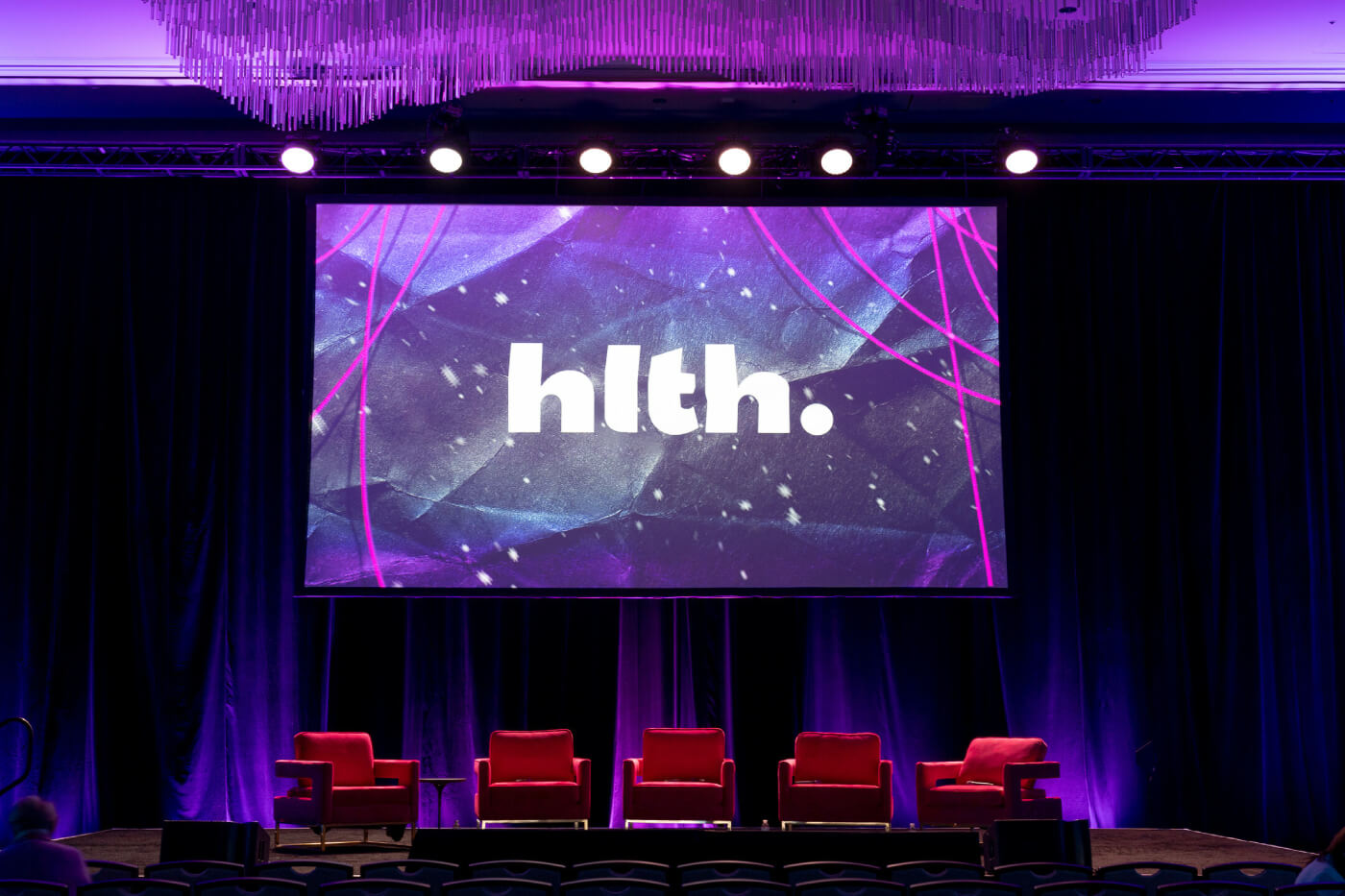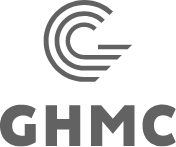
Looking at the agenda for HLTH 2025, AI isn’t just part of the conversation, it is the conversation. There are more than 100 AI & Emerging Tech sessions speaking to the promise and pressure of intelligent systems in healthcare.
While AI has been part of our world for years, it’s now integrated into how teams work and think. At Spectrum, AI is a core part of how we work. We use it to get smart faster and pull insights from across industries so we can act before issues surface. It is changing our pace and strengthening our ability to see around corners for our clients.
Smarter systems, higher stakes
Across health tech, we are seeing a similar shift. AI is no longer just a supportive tool. It is becoming agentic, learning and adapting in ways that influence patient care, clinical workflow, and even business strategy. That is progress worth celebrating, but it also raises a critical question. What happens when AI gets something wrong?
Foresight over fear
In crisis communications, we plan for what could go wrong before it happens. The same principle applies here. Companies need to think through accountability, governance, and communication early, not after an issue arises.
If an AI model provides faulty guidance, who is responsible for identifying and communicating it? How quickly can it be verified? How will the organization talk about it publicly and internally? These are the questions that determine how resilient a company will be when pressure hits.
Preparedness is not just a crisis exercise. It is part of responsible innovation. The organizations that build clear systems for transparency, correction, and human oversight will protect their credibility even when the technology is tested.
Preparedness is the new measure of responsible AI leadership
The companies that will stand out in the next phase of health tech are the ones that treat accountability as part of their brand identity. They will make it clear how their agentic systems operate, how decisions are made, and how humans stay involved.
That clarity builds trust. It helps patients, investors, and regulators understand that AI is being deployed thoughtfully, not recklessly. It also positions the company as one that is ready to lead when the landscape shifts, which it inevitably will.
Preparedness has always been about staying a step ahead of potential risk. In AI, it is about ensuring that innovation and accountability grow together.
Set the standard
Do not wait for regulators or the media to define what accountability looks like. Define it yourself.
Audit your systems and communication processes. Identify where AI interacts most directly with patients or decision-making. Simulate scenarios where things do not go as planned. Decide who leads, who communicates, and how you maintain trust in real time.
The companies that take these steps now will be the ones others look to when the unexpected happens.
Accountability is the advantage
AI is reshaping healthcare in extraordinary ways, but accountability will determine who leads the movement forward.
If your company is building agentic systems or integrating AI into care, now is the moment to think about preparedness. Not as crisis planning, but as a smart, forward-looking investment in trust and leadership.
Ready to build clarity and credibility into your AI narrative? Let’s connect. These are the conversations shaping the future of digital health right now.
Perspectives

Communications
J.P. Morgan Healthcare Conference 2024: Unity and Hope Amid Industry Challenges

Communications
Attending HLTH 2024: Where Networking, Brand Boosting and Cool Collide

Communications
A Reflection on Mentoring Future Biotech Communicators

Communications
Top 5 Ways Consumer Brands Make an Impact at Medical Meetings





